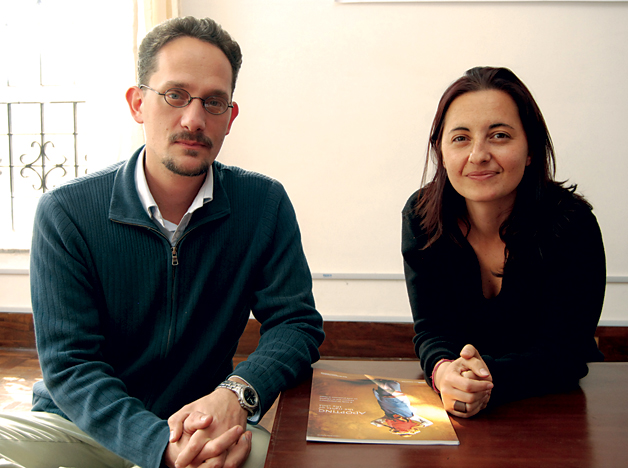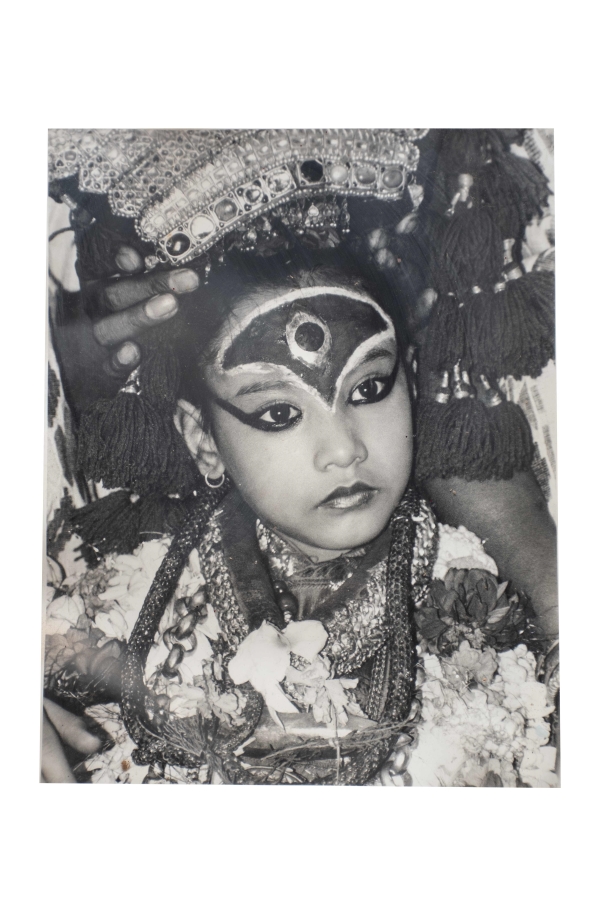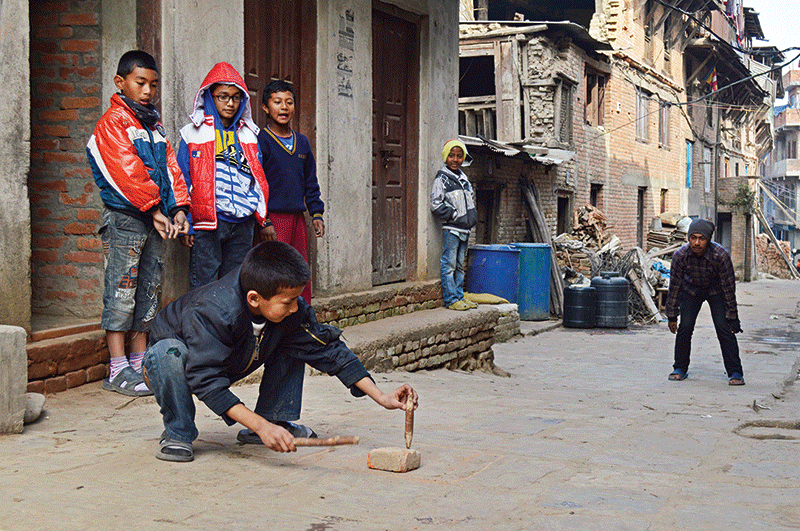 Inter-country adoption has always been considered a sensitive issue.Its viability has been constantly debated by intellectuals and child welfare organizations around the world. The perspectives of the people involved in these debates are often strongly polarized. But in spite of the complexity of the issue, each year, thousands of children are adopted from orphanagesand child centers throughout the world. Especially, children of developing nations from Asia and Africa are adopted by the parents from the stable and affluent countries of the west. Considering Nepal itself about 2161 children have been adopted by foreigners from the year 2000 to 2007. Moreover with the increase in quota in the Condition and Procedures for Adoption endorsed by the Government of Nepal in May 2008, the number of inter-country adoptions is expected to increase in the coming years.
Inter-country adoption has always been considered a sensitive issue.Its viability has been constantly debated by intellectuals and child welfare organizations around the world. The perspectives of the people involved in these debates are often strongly polarized. But in spite of the complexity of the issue, each year, thousands of children are adopted from orphanagesand child centers throughout the world. Especially, children of developing nations from Asia and Africa are adopted by the parents from the stable and affluent countries of the west. Considering Nepal itself about 2161 children have been adopted by foreigners from the year 2000 to 2007. Moreover with the increase in quota in the Condition and Procedures for Adoption endorsed by the Government of Nepal in May 2008, the number of inter-country adoptions is expected to increase in the coming years.
It can be said that adoption, both inter-country as well as domestic, equally serves for the best interest of a child who does not have anyone (neither parents nor guardians) to look after him. A growing child simply needs a loving and affectionate family to take care of him and tend to his needs. A caring household which can provide a child all of his basic physical and emotional needs are things that an orphaned child most requires. Claudia Millucci of Terre des homes, a Swiss organization working for the rights of the children, says that better solution can be found within Nepal. Nepalese children, who do not have parents or guardian to look after them, may find a better alternative in a family who is of the same community rather than one in a society that is completely foreign and new.
Although an adopted child from developing countries may have an access to better life-chances and educational opportunities in foreign countries, the transition is often confusing and puzzling. Numerous anthropological evidences have shown that the process might even affect a child’s sense of family, identity and culture. Having already been initiated into the culture and traditions of his country of origin, the child might feel alienated in a different place and surrounding. Similarly, the differences of races between the child and the adoptive parents might create a harder time for him to adjust in the family.
Nevertheless, the psychological and social impacts upon a child are not the only problem created by inter-country adoptions. According to a research conducted jointly by Terre des hommes (Tdh), UNICEF and CREHPA, it has been discovered that many child centers here in Nepal are not considering the well being of a child while conducting inter-country adoptions. The study showed that many child centers are deceiving illiterate and naive parents, by sending their children abroad as adopted children. In many cases it has been found that, the children put up for adoption are not orphaned at all, but are simply separated from their families. Money is considered an important factor while conducting adoptions and often the amount involved while matching the child exceed far more than the one mentioned in the criterion set by the government.
Working for the best interests of a child should be the guiding principle of every child welfare organization. But this does not seem to be the priority of most of the child centers here in Nepal. Hence since last August, Terre des hommes has been promoting domestic adoption over intercountry adoption, to lighten the discrepancies created by the latter. Domestic adoption in itself is not the final solution to the problem of children being trafficked. But obviously a greater emphasis put on domestic adoption will create more alternatives for the orphaned children. Hence after toiling for two months, Claudia Millucci says that she has helped form an informal group of adoptive parents, who will work solely to promote domestic adoption here in Nepal. Presently only four out of a hundred adoptions conducted in Nepal are domestic adoptions. The number understates the actual figure because adoption is stigmatized in the Nepali society. Nepalese families are quite apprehensive about initiating a child of an unknown background into their community. Therefore, those parents who have adopted a child are also very secretive about the adoption they have conducted. Hence, Claudia says that recruiting a total of 13 parents into the group was itself a very difficult task for her. Now, with a self-help group formed, she expects that Nepalese parents who really want to consider adoption will do so openly and encourage others like them as well. Moreover with increase in openness and candor of the adoptive parents, she expects that the stigma attached to adoption will gradually diminish as well.
Forming an informal group to promote domestic adoption is only one of the lists of actions that Terre Des Hommes is undertaking. Joseph L. Aguettant the delegate of Tdh says, the organization is also working towards a conference at the end of May, in which more than 38 child welfare organizations along with the representatives of 62 foreign agencies, are about to participate. As the study on inter-country adoption have showed that presently families are being separated for the intention of inter-country adoption; the purpose of the conference is solely to encourage family preservation. Many economically disadvantaged parents are voluntarily giving up their children to child-centers, so that their children can have a better life. Thus the conference also intends to find out means to help preserve a family be it economically, physically or by raising awareness amongst the illiterate parents. The organization is also promoting alternative options to institutional care for orphans such as housing them with their nearest family members. And in case in a child does not have any close relative, he will be kept in foster-care instead of institutional care, although foster care is only to be taken as a temporary option. Similarly the organization believes that inter-country adoption should be taken as the last resort, for those children who otherwise cannot be placed in permanent family setting in their home country.
Adoption is a valid measure for the protection and well-being of a child. But as The Hague Convention has stated it should be conducted in the best interests of a child rather than the improper financial gain of those involved. The circumstances here in Nepal have shown that frequently individual welfare is being emphasized over the welfare of the children. The initial actions taken by Terre Des Hommes are just a starting point to protect the rights of the children, who are being exploited to achieve financial gain. The organization’s attempt to restore a child with his family or his community is admirable. However the actions being taken now are simply the beginning. Hopefully in the future with further discussions with other organizations and the implementation of other actions, the rights of the children to know and be cared by his or parents will not be hindered.

The Goddess among Men: Chronicles of a former Kumari
Transition back to regular life wasn't easy for Preeti Shakya, a former Kumari. In that role, she was loved and...










